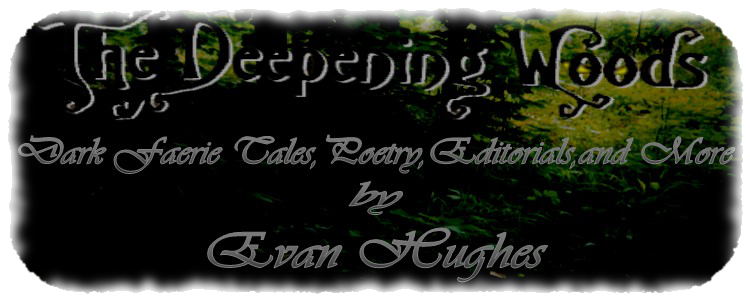Freedom of the Press
For those who have been following my writing, it should be evident by now I am a strong advocate of a strict and literal interpretation of the freedoms and rights granted to U.S. Citizens in the Bill of Rights of the U.S. Constitution. For some amendments, some people might agree that my interpretation of them is a strict one, but for others, they might deem it a broad interpretation, especially in the case of the First Amendment.
The First Amendment is paramount among the Bill of Rights. It is the first listed due to its importance, for without freedom of speech, press, and assembly, a truly free and democratic nation is not possible, and freedom of religion was a primary motivator for many of our founding fathers’ immigration to the Colonies. I have in previous editorials discussed Freedom of Speech and Assembly, and now I shall address Freedom of the Press.
One of the things that has bothered me in the response to the Occupy movement, is the illusion that some of those in power have that Freedom of the Press only applies to those people who are employed by a professional media organization officially recognized by a City, State, or the Federal Government, and that it can be restricted as they (those in power) see fit. To wit, various media blackouts that have occurred in the past, including a complete media blackout by the NYPD during November 15, 2011 illegal eviction of protestors from Zucotti Park . During that particular action, journalists were arrested for filming and documenting the proceedings and a no fly zone was enforced in the area over Zucotti Park to prevent news organizations from gaining access to the area via helicopter. For many of these arrests, the official justification for the arrest of journalists is that a private individual is not a member of the press. In many of the videos of the protests and the arrests, one can see instances of police turning away individuals with cameras stating they are not considered members of the press. And many private individuals have bought into the lie presented by authority figures that only professionals can be considered members of the press.
And it is indeed a lie. Let’s first look at the wording of the First Amendment when it comes to Freedom of the Press (I never tire of quoting the First):
Congress shall make no law… abridging the freedom of… the press
The wording of the first is very purposeful. Note it does not state the “professional” press, or the “official” press, or the press “approved by the government,” nor is the word “press” capitalized, thereby implying an official, professional, or organizational entity.
James Madison, the initial proponent of the Bill of Rights, said of the press in 1822:
"A popular Government without popular information or the means of acquiring it, is but a Prologue to a Farce or a Tragedy or perhaps both. Knowledge will forever govern ignorance, and a people who mean to be their own Governors, must arm themselves with the power knowledge gives."(1)
Of relevance in this statement is that he used the word “popular” when discussing the source of information. This means “of the people.” Again, not of business, nor of the government. Popular.
And, indeed, this makes immense sense. A professional news organization, and especially one officially recognized by the government in power, is highly corruptible. Such an organization is subject to the whims of its funders and of those at the top, and can never be trusted to provide truly objective, reliable, or even true information. This is evident in the spin that each existing professional news organization puts on their version of events.
And, in fact, not all recognized members of the press in our founding years were professionals. Thomas Paine, frequently referred to as the “Father of the American Revolution,” was an excise officer in England up until 1774. He began his political publications in 1772. He did not work as a professional editor until he came to America and started to work as the editor of Pennsylvania Magazine in 1775. And even so, all of his political publications and documentation of the Revolution and the events leading up to it, were released on his own coin, for no profit whatsoever. They were not done in any official capacity.
It is clear that our forefathers did not intend for Freedom of the Press to apply only to a few privileged individuals. The First Amendment applies to *all* U.S. Citizens. This means that each and every single one of us has the right to document events, the right to publish that documentation, and the right to disseminate that information.
For it is from the bold acts of Thomas Paine, and his fellow members of both professional press and independent, private press that our fledgling nation was inspired and informed. Without them, it is questionable whether the initial revolution would have been successful. It is not only our right to also document, publish, and disseminate events and information, but it is our duty, both to ourselves and our country.
So go out there, take pictures, film, write. And share what you’ve captured on film and in writing with the world. Do not allow anyone to tell you that you do not have the right to do so. We all do. Freedom of the Press is for everyone.
(1) Letter to W.T. Barry, August 4, 1822
|



